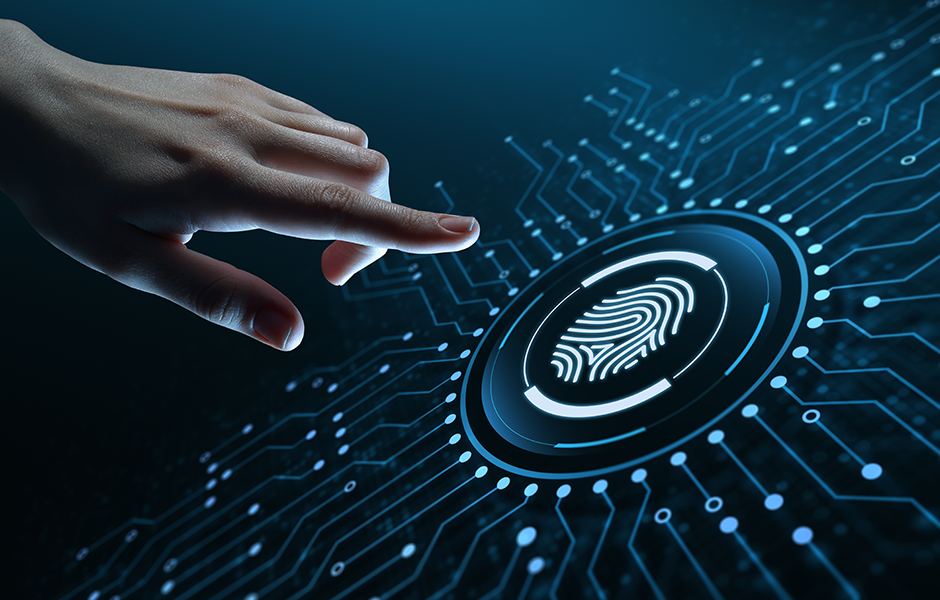
With the push to a digital world, more and more SMEs and start-ups are automating their routine day-to-day tasks. While most organisations today use a card reader and other digital devices, they still rely on manual time tracking and complex spreadsheets to monitor the time and attendance of employees.
Time-consuming and labour-intensive, manual time tracking is not only difficult but also curbs the future growth and expansion of your business. Your organisation can reach its full potential only when you create an efficient internal system that is scalable and effective.
Moving to a biometric attendance system is the first step in your journey to enhance the security of your organisation and increase the productivity of your employees. With plenty of biometric access control systems in the market, how do you select the correct one that is the best fit for your organisation?
Worry not! Check out these top 7 features to look for while evaluating Biometric Attendance Systems.
1. Access Control
Apart from time-tracking system, biometric systems can also be used for security purposes like restricting non-authorised personnel into protected areas of the building. Look for devices that have integrated access control functionalities. Integrated systems lead to enhance the productivity as well as security of the organisation.
2. User Capacity
Look for a biometric attendance system that can store and verify a large number of templates (fingerprints, face, palm, etc), even if your organisation has just a few employees currently. This way, the device will be able to enrol new employees as your business grows over the years.
3. Connectivity
Internet connectivity is a required feature of the biometric machines. Readers transfer clock-in and clock-out time of the individual employees to the attendance and HR payroll system. When it comes to updating the system and keeping it working without bugs in the future also, internet connectivity is mandatory. As we are talking about connectivity, USB connectivity can be additional to have back up of the data quickly using an external device.
4. Identification Time
The success of a biometric attendance system depends on the time taken for the identification by the biometric machine. Look for devices that sense fingerprints quickly within a fraction of a second and auto push the data to the server for accurate time of the attendance. For example, Matrix COSEC Face Recognition takes <2 sec to identify an individual.
5. Durability and Ruggedness
Look for devices that are rugged, durable, and can work in extreme temperatures especially if your organisation attracts a lot of dirt and dust. Some fingerprint time-attendance systems like Matrix COSEC ARGO come with scratch-proof optical sensors and waterproof. This ensures that irrespective of environmental factors and handling, the time-attendance system always works perfectly. Further, you should also check for dust or water resistance in your solution.
6. Integration to Payroll Management Systems
The data from the system plays a vital role in improving the efficacy of HR payroll management systems. With precise attendance details of employees, it’s easier for the HR team to compute employee salaries quickly and perfectly. Go for systems that send data directly to the HR payroll software, thus, simplifying payroll computations.
7. Support
While biometric attendance systems are easy-to-install and easy-to-use, there may be instances when you would face some issues and require expert assistance. Always purchase your device from reputed companies like Matrix, which offer you both online support and offline service support.
While making up for the right model that works for your organisation, don’t forget to check out all the features we mentioned above and pick the best one that will serve you for several years to come. Still confused what to choose? Email us your queries at Inquiry@MatrixComsec.com. Our experts will guide you to go for the best for your organisation.
